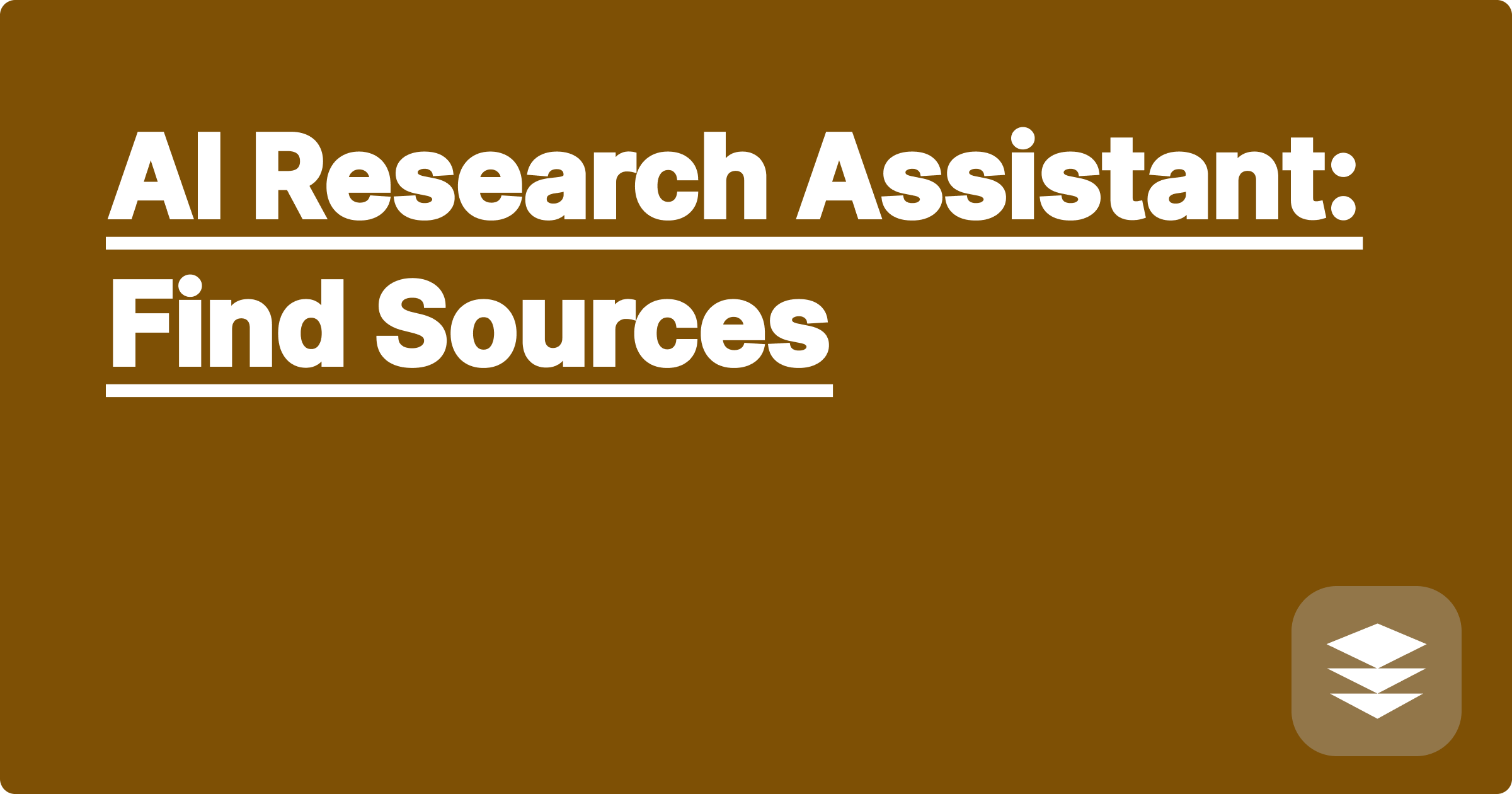
STEM fields are constantly evolving, demanding researchers and students stay abreast of the latest advancements. This constant influx of information presents a significant challenge: effectively and efficiently navigating the vast sea of scientific literature, research papers, and data repositories. Sifting through this information overload can be incredibly time-consuming, often hindering progress and delaying breakthroughs. Artificial intelligence offers a powerful solution to this problem, providing intelligent research assistance that can dramatically accelerate the research process.
For STEM students and researchers, time is a precious commodity. The ability to quickly and accurately locate relevant sources is crucial for completing assignments, conducting literature reviews, and formulating research hypotheses. AI-powered research assistants can significantly streamline this process, allowing researchers to focus on analysis, experimentation, and innovation rather than getting bogged down in information retrieval. This translates to increased productivity, faster research cycles, and ultimately, greater contributions to their respective fields.
The sheer volume of scientific literature poses a significant obstacle for researchers. Databases like PubMed, IEEE Xplore, and arXiv contain millions of articles, making it difficult to pinpoint the most relevant information for a specific research question. Traditional keyword searches often return an overwhelming number of results, many of which are irrelevant or outdated. Furthermore, navigating the complex terminology and specialized jargon within scientific publications can be challenging, particularly for students new to a field. This complexity can lead to frustration and wasted time, hindering the learning and research process. Moreover, staying updated with the latest publications in a rapidly evolving field requires constant monitoring and filtering of new information, a task that can quickly become overwhelming without the assistance of intelligent tools.
AI research assistants leverage natural language processing and machine learning algorithms to understand complex research queries and retrieve relevant information from vast databases. Tools like ChatGPT, Claude, and Wolfram Alpha can be utilized to streamline the literature search process. These tools can be prompted with natural language questions, allowing users to express their research needs in a conversational manner. The AI then processes the query, analyzes relevant literature, and provides a curated list of sources, including research papers, articles, and datasets. This approach eliminates the need for complex keyword searches and significantly reduces the time spent manually sifting through irrelevant results. Furthermore, some AI tools can summarize key findings from multiple sources, providing a concise overview of the current state of research in a particular area.
Begin by clearly defining your research question. Formulate a specific and concise query that accurately reflects the information you are seeking. Next, select an appropriate AI research assistant. Tools like ChatGPT and Claude excel at understanding natural language queries and providing relevant sources. Wolfram Alpha is particularly useful for retrieving factual information and performing complex calculations. Input your research question into the chosen AI tool, ensuring that the query is phrased in a clear and unambiguous manner. Review the results provided by the AI. Carefully examine the suggested sources to ensure their relevance and credibility. Refine your query if necessary. If the initial results are not satisfactory, try rephrasing your question or adding more specific keywords. Explore the suggested resources. Click on the links provided by the AI to access the full text of articles, research papers, and other relevant materials.
Consider a researcher investigating the effects of climate change on coral reefs. They could use ChatGPT by prompting it with the question: "What are the latest research findings on the impact of ocean acidification on coral reef ecosystems?" ChatGPT would then analyze relevant publications and provide a curated list of articles, research papers, and reports on this topic. Another example could involve a student researching the applications of machine learning in medical diagnosis. They could use Wolfram Alpha to query specific algorithms, such as "Support Vector Machines for cancer detection," and receive information on the principles, applications, and performance metrics of the algorithm. A researcher exploring the properties of a specific chemical compound could use Wolfram Alpha to access its chemical formula, molecular weight, and other relevant properties. Formulas like the ideal gas law (PV=nRT) can be directly inputted into Wolfram Alpha to calculate various parameters given specific conditions. Similarly, code snippets in languages like Python can be used with tools like ChatGPT to generate explanations, identify errors, or suggest improvements.
Utilize AI research assistants as a starting point, not a final destination. Always critically evaluate the information provided by AI tools and verify its accuracy through independent research. Combine AI-powered research with traditional literature search methods for a comprehensive approach. Explore different AI tools to find the one that best suits your specific needs and research style. Stay updated with the latest advancements in AI research tools to leverage their full potential. Use AI to identify key researchers and experts in your field and explore their publications for deeper insights. Remember to properly cite all sources obtained through AI research assistants, adhering to academic integrity guidelines.
In conclusion, AI research assistants offer a powerful solution to the challenges of information overload in STEM fields. By leveraging the capabilities of tools like ChatGPT, Claude, and Wolfram Alpha, researchers and students can significantly enhance their research efficiency and accelerate the pace of scientific discovery. Embracing these tools strategically and ethically will be crucial for success in the increasingly complex and data-driven landscape of modern STEM research. Begin exploring these tools today and unlock the potential of AI to transform your research workflow.
AI Physics Solver: Ace Your HW
AI Lab Assistant: Automate Tasks
STEM Success: AI-Driven Learning
AI Chemistry Solver: Get Help Now
AI Data Viz: Visualize Your Data
Boost Your Grades: AI Study Tools
AI Research Assistant: Find Sources